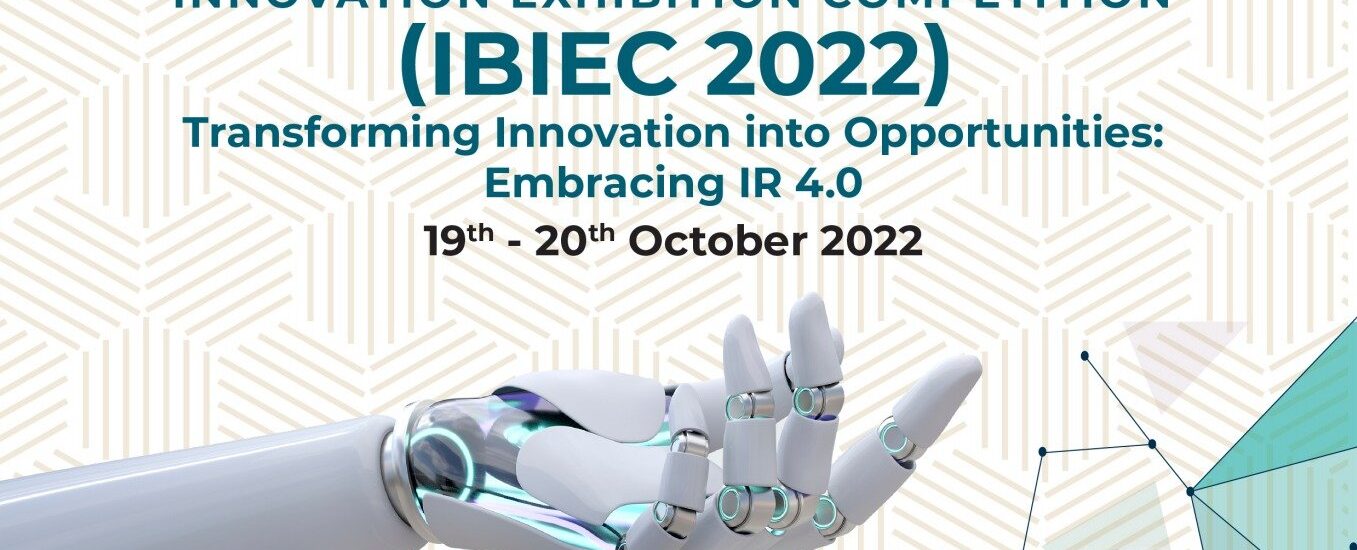Self-regulated learning offers numerous benefits, but not every aspect of it relates to soft skills. For instance, while soft skills like communication and teamwork enhance educational experiences, they don’t directly address personal discipline or time management.
So, what is mana yang bukan manfaat soft skill self-regulated learning? It emphasizes that some advantages focus on cognitive strategies rather than interpersonal abilities. Recognizing this distinction helps learners engage better with their overall educational journey while honing their soft skills.
Mana yang bukan manfaat soft skill self-regulated learning?
Self-regulated learning (SRL) is a personal learning strategy that empowers individuals to take charge of their own learning processes. It involves setting goals, monitoring progress, and reflecting on achievements or areas for improvement. While self-regulated learning offers several benefits, it’s essential to explore what it *isn’t* or, more specifically, what are the misconceptions surrounding the benefits of soft skills in self-regulated learning.
In this article, we will dive deep into the aspects that many people believe to be benefits of soft skills related to self-regulated learning, but are actually misinterpretations. We’ll discuss the importance of understanding these nuances to foster a more effective and realistic approach to learning and personal development.
Understanding Soft Skills in Self-Regulated Learning
Before we delve into what are not the benefits, let’s clarify what soft skills and self-regulated learning entail.
What Are Soft Skills?
Soft skills are personal attributes that enable someone to interact effectively and harmoniously with other people. They complement hard skills, which are the technical abilities and knowledge needed for specific tasks. Common soft skills include:
- Communication
- Teamwork
- Problem-solving
- Time management
- Emotional intelligence
What Is Self-Regulated Learning?
Self-regulated learning is the process through which students take initiative in their learning by setting goals, selecting strategies, and evaluating their progress. It can involve:
- Goal setting
- Self-monitoring
- Self-reflection
- Seeking feedback
With this understanding, it’s clear that self-regulated learning integrates both hard and soft skills, aiming at developing a learner who is proactive and independent.
Common Misconceptions About the Benefits of Soft Skills in SRL
Now, let’s address what some people mistakenly believe are the benefits of soft skills in self-regulated learning.
Myth 1: Soft Skills Alone Lead to Independent Learning
One of the biggest misconceptions is that merely having soft skills guarantees success in self-regulated learning. While soft skills are essential for effective communication and collaboration, they do not automatically create an independent learner. An individual must also possess:
- Knowledge of learning strategies
- Self-awareness for measuring progress
- Content knowledge in the subject matter
Without these components, soft skills can be ineffective. For instance, a person may have excellent teamwork skills, but if they do not understand how to study effectively, they may struggle to achieve their learning goals.
Myth 2: Emotional Intelligence Automatically Improves Self-Regulation
Another common belief is that emotional intelligence (EQ) directly enhances self-regulated learning. While emotional intelligence helps individuals understand and manage their emotions—which can be beneficial—it does not guarantee better self-regulation. Here’s why:
- Self-regulation involves practical strategies and techniques beyond just emotional awareness.
- A learner may recognize their feelings but may still not know how to channel them into productive learning habits.
- Emotional reactions can sometimes impede, rather than enhance, learning if not managed with specific techniques.
Having high EQ is beneficial, but it’s not the sole factor in mastering self-regulated learning.
Myth 3: Effective Communication Is All You Need
Many people think that possessing effective communication skills is sufficient for self-regulated learning success. While these skills help in sharing ideas and feedback, they do not cover other critical aspects:
- Learners need to engage in self-talk to stay motivated.
- Setting personal goals requires self-communication beyond interpersonal communication.
- Self-assessment involves understanding one’s own learning style and preferences, which goes beyond communication.
Effective communication is a significant part of the learning process, but it is not the only requirement for self-regulation.
Myth 4: Time Management Equals Self-Regulated Learning
While effective time management is undeniably a valuable skill, it alone does not encompass self-regulated learning. Time management helps in organizing tasks, but SRL requires more comprehensive strategies:
- It involves setting learning objectives and understanding how to achieve them.
- Learners need to evaluate the effectiveness of their study methods, adjusting as needed.
- Self-regulated learners must reflect on their learning outcomes to foster continuous improvement.
Time management is a tool that aids the learning process, but on its own, it does not equip a learner with the entire skill set needed for self-regulated learning.
Exploring the Real Benefits of Soft Skills in Self-Regulated Learning
While we’ve highlighted the misconceptions, it’s equally important to clarify what soft skills truly contribute to self-regulated learning.
Enhancing Collaboration and Team Learning
When individuals possess strong soft skills, they can:
- Work effectively in group settings.
- Engage in peer-to-peer learning, which enhances overall understanding.
- Provide and receive constructive feedback.
These aspects improve the learning experience and help individuals reflect on their learning through collaborative efforts.
Improving Self-Motivation
Soft skills like self-discipline and resilience play a crucial role in maintaining motivation. They help learners:
- Overcome obstacles that may hinder their learning path.
- Develop routines that promote consistent study habits.
- Persist in the face of challenges by adjusting their approaches.
These qualities encourage learners to take an active role in their education, fostering a winning mindset.
Building a Reflective Practice
Reflective practice is vital in learning. Soft skills contribute by:
- Encouraging learners to assess their understanding of material.
- Facilitating discussions that help in gaining insights from others’ perspectives.
- Empowering learners to regularly evaluate their performance and set new goals.
This habit of reflection strengthens the learning process and promotes continuous growth.
Actionable Steps to Enhance Self-Regulated Learning
To truly benefit from self-regulated learning, individuals should work on integrating both soft skills and effective strategies. Here are some actionable steps:
Set Clear Learning Goals
Establish specific, measurable, attainable, relevant, and time-bound (SMART) goals to guide your learning journey.
Develop a Learning Strategy
Create a plan that includes different methods of learning (visual, auditory, kinesthetic) tailored to your preferred learning style.
Engage in Self-Monitoring
Keep track of your progress through journals or apps that help you reflect on what you’ve learned and how you can improve.
Seek Feedback from Peers and Mentors
Don’t hesitate to ask for feedback from others. This will give you additional perspectives and areas for improvement.
Practice Self-Reflection
At the end of each learning session, take a moment to reflect on what went well and what could be improved for next time.
Incorporating these steps ensures that learners utilize the benefits of soft skills while developing their self-regulated learning abilities effectively.
Self-regulated learning is not just about soft skills; it’s about a holistic approach to learning that merges personal attributes with strategic action. By understanding what is not a benefit of soft skills in this context, individuals can avoid misconceptions and apply their learning efforts effectively. By integrating both soft skills and concrete self-regulation strategies, learners can navigate their educational journeys with more clarity and effectiveness.
Achieving success in self-regulated learning requires a balanced approach. It involves commitment to personal growth, a willingness to adapt, and the wisdom to recognize that learning is a dynamic and ongoing process.
Pelatihan : How to build self-regulated learning pada mahasiswa?
Frequently Asked Questions
What are some misconceptions about self-regulated learning?
A common misconception is that self-regulated learning only benefits academic performance. Many people overlook its broader applications in personal and professional growth. While it certainly aids in studying and understanding course material, it also enhances decision-making, time management, and emotional regulation, which are crucial for success in various life aspects.
Can self-regulated learning skills hinder collaboration?
Some individuals may believe that self-regulated learning promotes isolation since it emphasizes personal goal-setting and independence. However, effective self-regulation can actually improve collaboration. Individuals who manage their learning well tend to communicate their needs clearly, remain accountable, and contribute positively to group dynamics, enhancing teamwork rather than hindering it.
Does developing self-regulated learning skills take away from acquiring technical skills?
There is a notion that focusing on self-regulated learning may divert attention from mastering technical skills. In reality, self-regulated learning complements the acquisition of technical skills. It teaches individuals how to approach learning challenges strategically, making it easier to acquire and practice new technical abilities effectively.
Is self-regulated learning only relevant for students?
Many assume that self-regulated learning applies only to students. In fact, professionals in various fields benefit from these skills throughout their careers. Self-regulation helps individuals set career goals, seek continuous improvement, and adapt to new challenges, making it essential for personal and professional development at any stage of life.
Are self-regulated learners always self-motivated?
There’s a belief that self-regulated learners possess constant self-motivation. However, even self-regulated individuals face challenges with motivation at times. They develop strategies to push through these periods of low motivation, using goal-setting and self-reflection to regain focus and continue their learning journeys effectively.
Final Thoughts
Self-regulated learning offers numerous benefits, including improved motivation, better time management, and enhanced critical thinking. These skills empower individuals to take control of their learning processes, leading to personal and academic growth.
However, mana yang bukan manfaat soft skill self-regulated learning? It does not guarantee instant success or replace the need for guidance from educators. While it fosters independence, it might not suit everyone, especially those who thrive under structured environments. Understanding these limitations is crucial for effectively applying self-regulated learning techniques.






